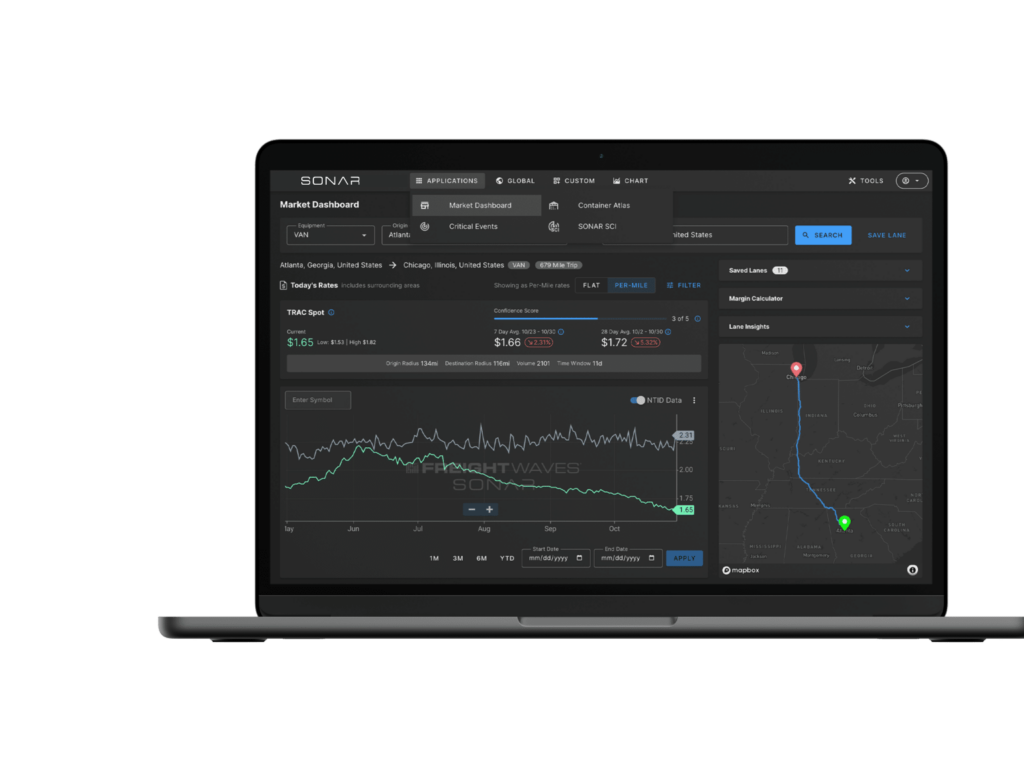Freight management parties understand the value of modern practices with respect to bidding on freight services. There will be times when the existing freight service strategy falls short. As a result, shippers and other freight management parties may need to engage in new bidding to secure better rates and source available capacity. Unfortunately, the differences between the carrier, broker and other parties can make bidding on logistics services more complex.
It’s also important to remember that “shipping is a commoditized market. A shipper using an online booking system makes sense, if their needs are simple, they know precisely what they want and they’re familiar with the routing,” according to Supply Chain Dive. Thus, freight management parties need to know a few things about the four primary categories for bidding and negotiating rates.
The traditional approach to bidding for freight services is relatively simple. It involves annual contracts for freight rates based on specific origin and destination data. In other words, specific trade lanes, modes and guarantees are included as part of an annual contract. As a result, traditional bids may involve multiple load matching boards and several supply chain parties. Regardless, all freight moves through the hands of the contracted service provider. That provider may outsource portions of transportation to downstream carriers, localized suppliers and drivers. The process continues in much the same fashion. However, traditional bids have a unique characteristic that allows for renegotiations of full truckload services due to limited load volume, available capacity and line-haul rates. In other words, these contracts have what are known as “paper rates” and are not enforceable.
When an annual contract cannot be successfully renegotiated due to extenuating factors, securing available freight services may require a mini-bidding process. A mini-bid is comparable to a contracted freight bidding process. However, they are designed expressly for short-term value and allow a freight management party to secure available capacity regardless of what is happening within the true market rates.
The shipping industry needs
a new metric – the Market Rate –
to end the spot vs contract battle
Spot rates are another approach to bidding on freight services that most freight management parties quickly understand. Spot rates involve one-off, atypical shipments that are unexpected and high-priority. As a result, these anomalies will always involve a higher cost. Regardless, modern consumers are willing to pay a premium for faster service on their e-commerce purchases. So, spot rates can, on occasion, be passed along to the consumer without incurring additional challenges for the given freight management party. Again, this is provided the freight forecast indicates customers are willing to pay for such service for that area.
Another approach to securing available logistics services involves freight bidding that works with dedicated service providers. Dedicated service providers are best described as private fleets and those operating with drivers on non-compete contracts to ensure freight will always be able to move as needed. This is the enforcement arm of contracted services that many companies would love to take advantage of. However, dedicated services may require extensive investment and costs higher than those associated with a typical annual contract.
Remember that the market abhors a vacuum. Any successful approach to bidding on freight services means looking beyond the traditional idea of spot or contracted freight. It may be necessary to secure shorter contracts through the process of mini-bids, and other markets may still have ample capacity and continue to work within the confines of traditional bids. It all depends on the unique conditions of every market, lane or other freight management party.
Fortunately, getting access to freight management data and seeing how everything occurs within the whole context of the global transportation market are critical to bidding on the right freight services for your company. Start tracking the right data to improve your bidding strategy by seeing how the data adds value in real-time. Schedule a SONAR demo today.
